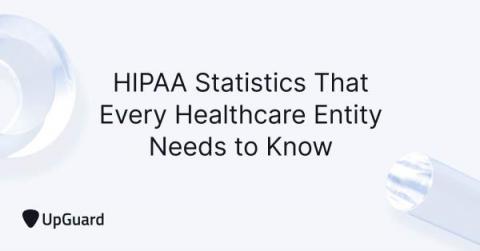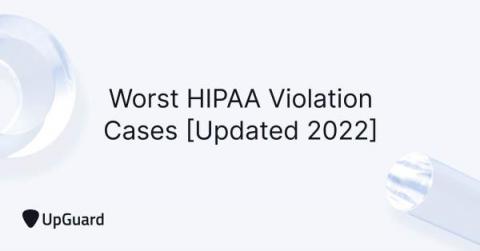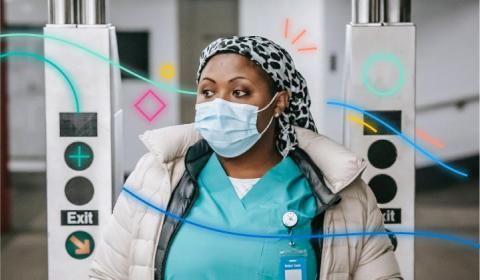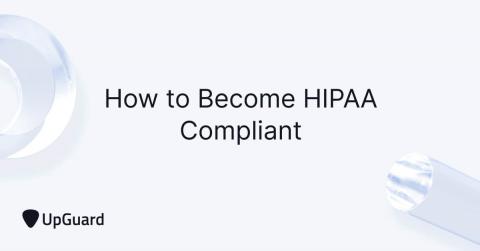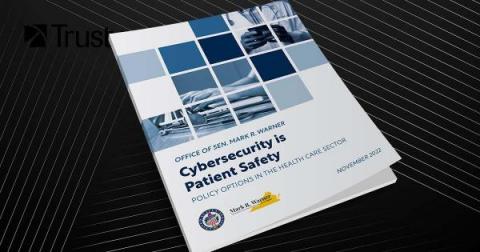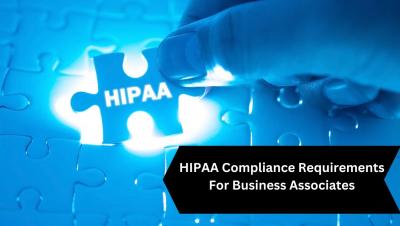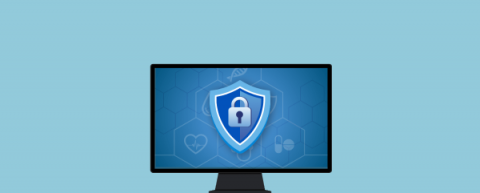51 HIPAA Statistics Every Healthcare Entity Needs to Know in 2022
The HIPAA Privacy Rule (Health Insurance Portability and Accountability Act of 1996) is a healthcare cybersecurity framework that mandates security standards for all HIPAA-covered entities. HIPAA aims to protect patient information in the public health sector and promote stronger cybersecurity policies. HIPAA standards have since been adopted worldwide and enforced as federal law in the United States.


